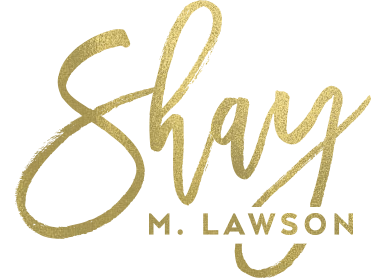New music comes out every day and with so many apps to listen to music but with very few people actually BUYING music; How Do Songs Actually Make Money?
Before learning how a song makes money in the music industry, you need to understand that each song is divided into three ownership rights because the part of the song you own determines how you will get paid.
OWNERSHIP 101: who owns each part of a song
First, the songwriter owns part of the composition for the lyrics, while the producer owns the other part for the music. Next, the record label owns the actual sound recording, also called a “master,” which is the recorded version of the composition or the song you actually hear. The artist then gets a percent of the master in a basic record deal. (https://www.tunecore.com/guides/music- publishing-101)
MONEY STREAM #1: PERFORMANCE ROYALTIES
As a songwriter or producer, you get paid performance royalties every time a song containing your words or music is used commercially. This is most common when your song is played on the radio (AM/FM, satellite, or internet), live concert, TV, or restaurants. (https://www.tunecore.com/guides/how-do-my-songs-make-money).
In order to collect performance royalties, 1. you need to make sure you are credited as a songwriter or producer using a basic split sheet (www.songsplits.com) 2. then the song needs to be registered with a Performing Rights Organization (PRO), such as ASCAP, BMI, and SESAC. The PRO will collect and pay out the royalties directly to the songwriter (https://www.soundonsound.com/music-business/music-publishing).
MONEY STREAM #2: RECORD LABEL ROYALTIES
As a record label, you get paid mechanical royalties and digital royalties (artists get a share of these royalties). Mechanical royalties are paid every time the song is reproduced by being sold in a store or digitally downloaded. (https://www.tunecore.com/guides/how-do-my-songs-make-money). Record companies then distribute a percentage to the artist. That percentage is how much of your masters you own and is referred to in a basic record deal as the “Artist Royalty” or “Base Rate”. If you are unsigned you make 100% of this money and it likely comes from whatever platform you used to distribute your music such as CDBaby or DistroKid.
Depending on your experience as a producer or engineer the artist may grant you points/percentage of their royalty. A producer’s share in the Artist Royalty is called a “Producer Royalty” this is paid in addition to any BMI/ASCAP/SESAC payments of performance royalties. (https://musictechpolicy.com/2017/06/12/producers-share-of-soundexchange-royalties/)
MONEY STREAM #3: DIGITAL ROYALTIES
Digital royalties are fees that streaming providers are required by law to pay for streaming your music. Streaming services such as Spotify pay SoundExchange digital royalties, then the royalties are divided and distributed. Under the law, 45% of performance royalties are paid directly to the featured artists on a recording, and 5% are paid to a fund for non-featured artists, like the musicians. The other 50% of the performance royalties are paid to the rights owner of the sound recording, which is the record label.(https://www.soundexchange.com/artist-copyright-owner/digital-royalties/)
Are you an unsigned artist and need to understand how to collect your digital royalties from SoundExchange?
Go check out my step by step guide here: https://www.shaymlawson.com/blog/2018/1/5/collecting-digital-royalties-step-by-step-guide-for-artists-producers
Thank you to my intern Megan Medacier a 2L at Mercer University Law School for digging into this topic and producing this post!
Be sure to follow her law school journey online here: https://www.linkedin.com/in/meghanmedacier/


